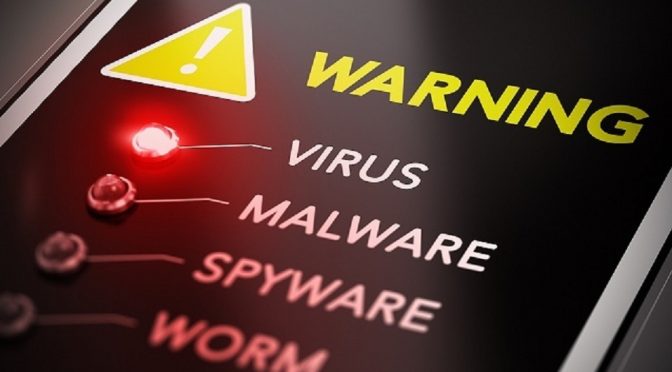Best ways to protect your eCommerce website from malware
For an eCommerce website security is the priority responsibility to take care of, so that it reduces the risk of hacking the website. As eCommerce website has sensitive information of customers like credit card, debit card details, so security plays an important role. The right way to approach and protect website from malware is selecting appropriate security. Below are the effective ways to protect your website from malware.
1) Choosing correct Web Hosting Provider
Choose best web Hosting provider who ensures to protect your website from all vulnerabilities and malware. We have two options, whether to go with shared server hosting or dedicated server hosting. With shared hosting, we share a single server with many users and so there is high a high probability of hacking your website. And on the other hand is dedicated server hosting, where you have your own server and so it is more secure and so ideal for eCommerce website.
2) Maintain encrypted data using an SSL Certificate
The most difficult task is to build customer trust on your online business website. Customers should trust your website and feel secured to carry out online transactions. So to build this trust the eCommerce website should be SSL certified. SSL certificate builds the secured link between server and the browser. Because of SSL certification the sensitive data of customers is encrypted. This prohibits fraudulent purchase and makes safe transaction.
3) PCI Complaint
It is urged to use PCI complaint along with SSL certification on eCommerce website. Any business owner, who accepts debit or credit cards, must be obedient to all terms and conditions of PCI security standards.
4) Regular Website Monitoring
Always do real time monitoring of the website to observe from where your visitors are coming and how they are interacting & navigating your website. This helps to detect fraudulent behavior of the visitors. Regular check will help to take appropriate actions and this will not affect your website traffic. Regular website scanning will keep you updated whether any malware introduced to your website using third party advertisements, graphics and contents. Website monitoring mainly strengthens security control.
5) Suspicious Activity Alerts
Setup alerts for suspicious activities on your website like number of transactions coming from one single IP. Also one single customer who makes multiple orders using different credential.






